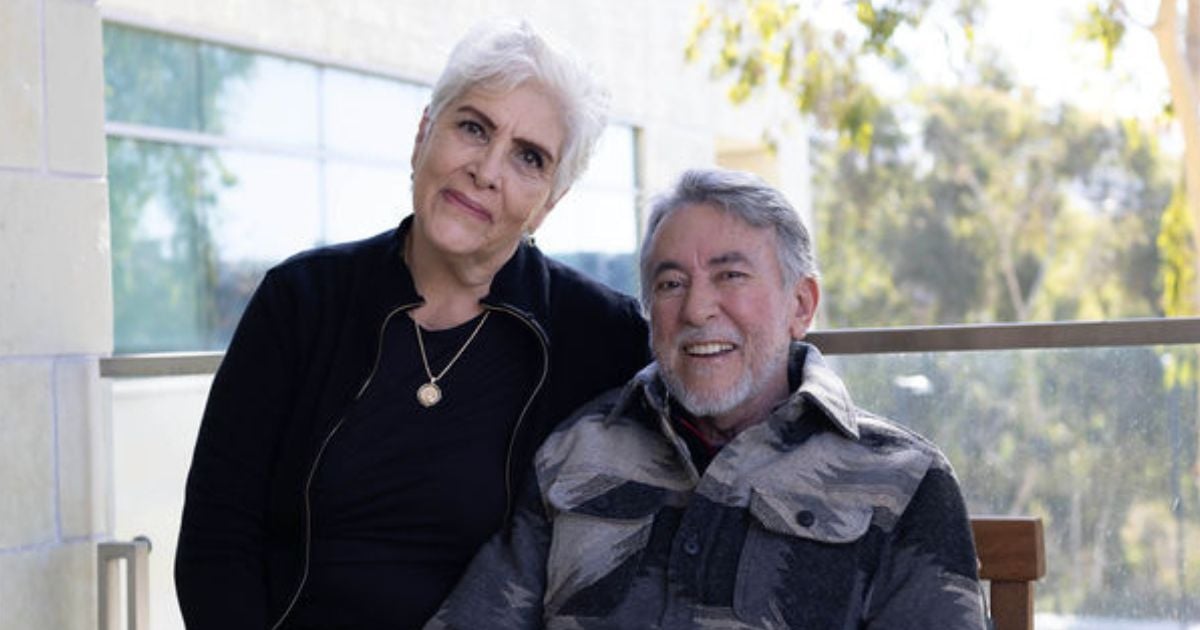Surgical Treatment of Pancreatic Cancer
Look to UC San Diego Health for your pancreatic cancer surgery.
Our surgical oncologists are among a select group of doctors nationwide that perform complex procedures to remove pancreatic cancer. We perform more pancreatic cancer surgeries than any medical center in the region.
Am I a Candidate for Surgery?
Only about 20 percent of pancreatic cancer patients are surgical candidates. This is because pancreatic cancer is so often discovered after it has spread beyond the primary location within the pancreas. If at all possible, your UC San Diego Health doctor will recommend surgery for your cancer.
Whipple Procedure
The Whipple procedure, also known as a pancreaticoduodenectomy, is the most common surgery for pancreatic cancer. The procedure involves removing the head of the pancreas and the first portion of the small bowel. The body of the pancreas and nearby lymph nodes may also be removed.
The procedure takes several hours because of the number of blood vessels around tumors and the necessary reconstruction following tumor removal. Surgeons must make new connections between the small bowel, pancreas and bile duct, as well as a new connection between the small bowel and the stomach.
After surgery, you can expect to stay in the hospital for one to two weeks.
Other Surgical Procedures
If you're not a candidate for a Whipple procedure, your doctor may recommend one of the following surgeries. Whenever possible, your UC San Diego Health surgeon uses minimally invasive techniques, including laparoscopy, for a faster and less painful recovery.
A distal pancreatectomy, also known as a left-sided pancreatectomy, may be an option if the tumor is in the tail of the pancreas. You may also have a splenectomy to remove the spleen.
A central pancreatectomy involves removing tumors in the body and neck of the pancreas, preserving the head and tail. The procedure helps to preserve a more normal pancreatic function and lowers the risk of needing insulin or pancreatic enzyme replacement following surgery.
Enucleation involves removing only benign cysts or small neuroendocrine tumors. The pancreas is otherwise left intact.
Total pancreatectomy involves removing the entire pancreas and spleen. It was once used for tumors in the body or the head of the pancreas but is rarely used today. There doesn’t seem to be any advantage in removing the whole pancreas, and patients without a pancreas develop insulin-dependent diabetes.
Pancreatic Cancer Surgeons
Pancreatic surgeons at UC San Diego Health are among a handful of surgeons nationwide with experience in highly specialized types of pancreatic surgery.
Second Opinion Services
When you have a diagnosis as serious as cancer, you deserve a second opinion on your treatment options.
Clinical Trials
Advancing Cancer Care and Prevention
UC San Diego Health physicians are actively researching ways to improve cancer care. By joining a clinical trial, you may receive a new cancer treatment before it is available to the public. If your cancer has not responded to standard therapies, talk to your doctor about whether a clinical trial could be right for you.
Patient & Family Support Services
At UC San Diego Health, your care goes beyond treating disease. It also includes supporting you and your loved ones emotionally throughout your cancer journey. Most of our support services are free.




